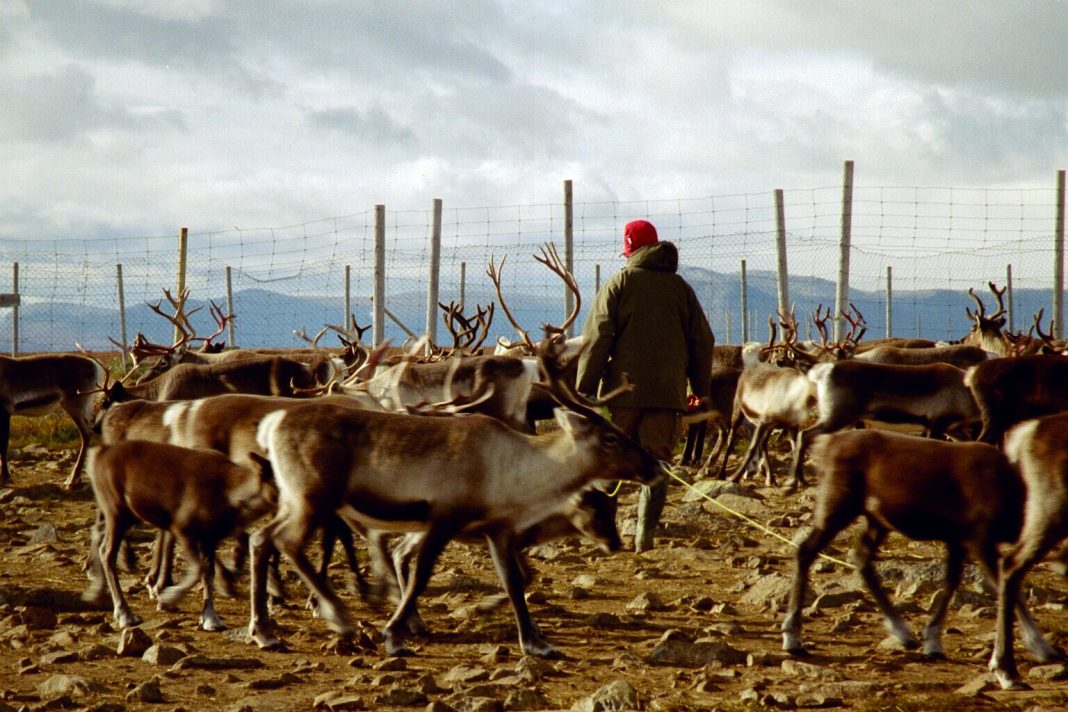In collaboration with the UN, a team of Oxford University researchers released a report focused on the legal recognition, land rights, and mobility, including transboundary movement, of Mobile Indigenous Peoples. The Oxford team also organised an event with the United Nations Development Programme (UNDP) at the UN General Assembly in New York on Monday.
Oxford’s Dr. Ariell Ahearn, a lecturer at the School of Geography and the Environment, and Professor Dawn Chatty, an Emeritus Professor of Anthropology and Forced Migration, led the team responsible for in-person and virtual consultations with Mobile Indigenous Peoples, including the Sámi reindeer herders of Finland and the Pauktuutit Inuit Women of Canada.
Dr Ahearn told Cherwell: “[Mobile Peoples] have experienced discrimination and criminalisation based on their mobility and human rights violations. These must be rectified and the rights upheld by states and the UN.”
The UN event on Monday 14th aimed to introduce context around this Report of the Special Rapporteur on the situation of Mobile Indigenous People. Hosted in partnership with several organisations including the UNDP, University of Arizona and the Special Rapporteur’s Office.
The report relates to demands of the Dana+20 Manifesto, which calls on governments, corporations, UN agencies and researchers to create policies that recognise and protect mobile lifeways, through building upon a statement of principles called the Dana Declaration on Mobile Peoples and Conservation (2002) of which Chatty is a committee member.
The report on the situation of Mobile Indigenous Peoples was presented to the Third Committee of the UN General Assembly on 15th October. According to the report, Mobile Indigenous Peoples face increasing challenges such as border restrictions, environmental degradation, and loss of land rights, which threaten their way of life and ability to sustain their cultural heritage. The report found conditions including an 8% decrease of precipitation and an average temperature 2.5 times the world average in the Mongolian highlands, killing herders’ livestock and threatening their livelihoods.
“As an academic activist who has worked closely with Mongolian mobile pastoralists and witnessed the destruction of their homelands including sacred sites by mining companies, I consider it my duty to join their fight for justice,” Ahearn told Cherwell.
The Special Rapporteur on the rights of Indigenous Peoples, José Francisco Calí Tzay, explicitly thanked the University of Oxford in the report for organising the virtual consultation and side event at the twenty-third session of the Permanent Forum on Indigenous Issues this past Spring.
Since beginning her academic career forty years ago, Chatty has advocated for the rights of Mobile peoples and the power of academics to bring sound research to the table. She told Cherwell: “For decades much academic and development ‘research’ insisted that mobile peoples were backward, irrational, and an embarrassment to progressive, development models of modernity.”
Instead, she said that: “movement and mobility need to be recognised as an excellent adaptive strategy – in terms of livelihoods as well as current global climate change”. Chatty continued: “We need to get away from the sedentist perspective that sees mobility as somehow threatening.”
Looking ahead, several Oxford researchers will attend events provisionally set in Mongolia in 2026, which the United Nations has deemed the International Year of Rangeland and Pastoralists.


